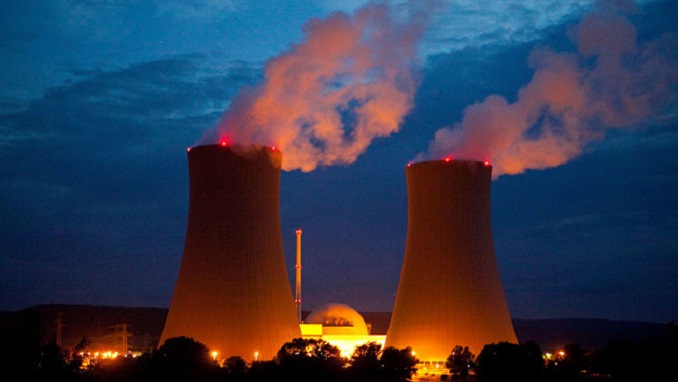According to the US Energy Information Administration and the World Nuclear Association, the US relies on Russia, Kazakhstan and Uzbekistan to supply about half of the uranium for their nuclear power plants – about 22.8 million pounds (10.3 million kg) in 2020, which, in turn, turn, produce about 20% of US electricity.
At the moment, Western countries’ sanctions do not apply to the sale of uranium and related financial transactions.
The US Nuclear Energy Institute (NEI), which represents the trading interests of US nuclear power plant operators, including the largest generating companies Duke Energy and Exelon, is lobbying the White House to maintain sanctions exemption for imports of uranium from Russia, sources told Reuters.
NEI’s lobbying is aimed at keeping Russian uranium out of any future energy-related sanctions, especially as calls for sanctions on the sale of Russian crude oil intensify, the sources said.
“The US nuclear industry is just directly dependent on cheap Russian uranium,” an anonymus source told Reuters.
The Washington NEI also said it supports the diversification of uranium supplies, including developing US uranium mining and enrichment facilities in the country.
“Although Russia is a major global supplier of commercial nuclear fuel, US nuclear power plant operators enter into contracts for its supply with an international network of companies and countries to reduce the risks of possible outages,” said Nima Ashkebussy, NEI Senior Director for Fuel and Radiation Safety.
Officials from the Biden administration said they are working to keep energy prices low.
“We are listening to all the demands of the industry and will continue to do so, taking steps to hold Russia accountable,” a White House spokesman said in response to a question about uranium lobbying.
Currently, there is no uranium mining in the US. However, several companies have previously said they would like to resume this work at home if they manage to conclude long-term supply contracts with nuclear power plant operators. In particular, according to Reuters, the US states of Texas and Wyoming have significant potential uranium deposits.

